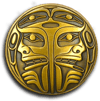The History of Indigenous Corporate Training Inc.
Your guide to Indigenous relations for over 20 years
 In 1994, Bob Joseph was employed in the Aboriginal Relations department of a large crown corporation in BC. He and his colleagues developed a cultural awareness presentation that Bob, a certified Master Trainer, delivered to thousands of the corporation’s staff, field crews and consultants.
In 1994, Bob Joseph was employed in the Aboriginal Relations department of a large crown corporation in BC. He and his colleagues developed a cultural awareness presentation that Bob, a certified Master Trainer, delivered to thousands of the corporation’s staff, field crews and consultants.
The impact he was having on Indigenous relations did not go unnoticed. In 2001, Bob was one of nine trainers selected by the Association for Talent Development (formerly American Society of Training and Development) from over 70,000 members from more than 100 countries and 15,000 organizations for the annual feature “Training: the New Guard 2001”.
Closer to home, the impact he was having also did not go unnoticed as the Crown Corporation he worked for was increasingly approached by other organizations asking if Bob could train for them too.
However, in 2002, the corporation underwent significant restructuring, and it was unclear if the Aboriginal Relations department was part of the reconfiguration. During this time, Bob launched Indigenous Corporate Training Inc., continued to train for his former employer, and began booking new clients.
At that time, Indigenous rights were being recognized and affirmed through the courts. Significant Supreme Court of Canada rulings impacted how resource developers, consultants, field staff, and all levels of government engaged with Indigenous communities. And with those changes and duties to consult and accommodate came the recognition that there was a knowledge gap.
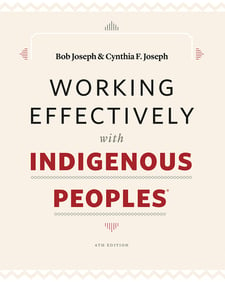 People were increasingly looking for insight, tips and tools to help them work effectively with Indigenous Peoples and communities - beyond mere awareness. To fulfill that need, Bob developed his signature course, Working Effectively with Aboriginal Peoples® (renamed in 2015 to Working Effectively with Indigenous Peoples®). And then wrote a book of the same name based on the course material.
People were increasingly looking for insight, tips and tools to help them work effectively with Indigenous Peoples and communities - beyond mere awareness. To fulfill that need, Bob developed his signature course, Working Effectively with Aboriginal Peoples® (renamed in 2015 to Working Effectively with Indigenous Peoples®). And then wrote a book of the same name based on the course material.
ICT is proud to be on the cutting edge of change in Indigenous relations by helping learners in all sectors along the path to respectful relations with Indigenous Peoples. Following the release of the Truth and Reconciliation Commission of Canada’s report and 94 calls to action for reconciliation in 2015, the demand for training dramatically increased, leading ICT to expand the team with more trainers.
In 2020, when the pandemic arrived, and people transitioned to working and learning from home, ICT launched its online Indigenous Relations Academy and self-guided and live-guided virtual training sessions.
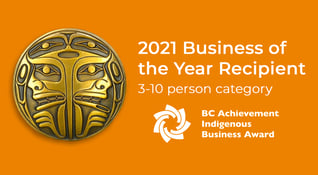 ICT’s significant contributions were recognized in 2021 when the company received the Business of the Year Award (3-10 person category) from the BC Achievement Indigenous Business Award.
ICT’s significant contributions were recognized in 2021 when the company received the Business of the Year Award (3-10 person category) from the BC Achievement Indigenous Business Award.
“I love this work because it gives us a chance to bring all Canadians together and make real headway in reconciliation. Knowing that we are contributing to transformative change is both humbling and empowering.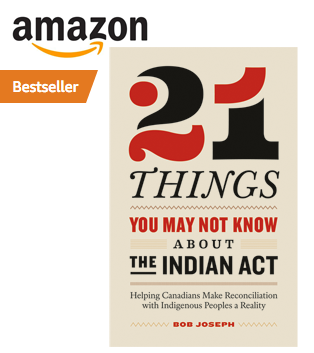
When I published 21 Things™ You May Not Know About The Indian Act, I was stunned by the response. I mean, who would have predicted a book about the Indian Act would be a national bestseller? But, it shows how ready people are to learn and commit to reconciliation. I think about King Charles III's comment that Canada’s efforts toward reconciliation with Indigenous Peoples hold lessons for other Commonwealth countries facing the wrongs that have shaped the past. He said, “Indigenous and non-indigenous Peoples reflecting honestly and openly on one of the darkest aspects of history -- as challenging as that conversation can be, people across Canada are approaching it with courage." I am hopeful for the future and grateful to all Canadians who have committed to contributing to reconciliation.” Bob Joseph, President, Indigenous Corporate Training Inc.
Over the past twenty years, Indigenous relations in Canada have changed dramatically. In 2002, when Bob Joseph launched Indigenous Corporate Training Inc. (ICT), the courts were just beginning to pass rulings on Indigenous rights and title, the duty to consult, and the meaning of “meaningful consultation.” A lot has changed in two decades. And ICT has kept abreast of the changes with a full catalogue of courses that equip Canadians to work effectively with Indigenous Peoples.
Highlights From Our Last 20+ Years |
|
ICT |
Canada |
2002Launched company with Aboriginal Awareness training |
|
2003Introduced Indigenous Consultation and Engagement training (originally Working Effectively with Aboriginal Peoples® During Consultation) |
2003 - 2005Supreme Court rulings defined duty to consult & duty to accommodate, Metis membership test |
2004Introduced Working Effectively with Aboriginal Peoples® training and published 1st edition of Working Effectively with Aboriginal Peoples® book |
|
2005Had the first inclusion of Land Acknowledgments in a published book (1st edition of Working Effectively with Aboriginal Peoples® book) |
|
2006Launched Working Effectively with Aboriginal Peoples® eNewsletter |
|
2007Published 2nd edition of Working Effectively with Aboriginal Peoples® book |
2007The UN General Assembly voted on the adoption of the UN Declaration on the Rights of Indigenous Peoples during its 61st regular session; Canada choose to vote against the Declaration |
|
|
2008Canada issued formal apology to residential school survivors and their families |
2010 |
2010Canada signed the UN Declaration on the Rights of Indigenous Peoples but with qualifications |
2012Published 3rd edition of Working Effectively with Aboriginal Peoples® book |
|
|
|
2014Supreme Court of Canada ruled that Indigenous title is inherently collective and exists not only for the benefit of the present generation, but also for that of all future generations |
2015Changed name of courses, books, blog to reflect federal government adoption of "Indigenous" rather than "Aboriginal" |
2015Federal government officially moved from "Aboriginal" to "Indigenous" in all communications |
2015Published 21 Things™ You May Not Have Known About The Indian Act blog post; blog post goes viral |
2015Truth and Reconciliation Canada published a summary report and 94 Calls to Action |
2016Introduced How to Negotiate with Indigenous Peoples training |
2016The Supreme Court ruled unanimously that the legal definition of “Indian” — as laid out in the Constitution — includes Métis and non-status Indians |
2016Canada officially removed its objector status to the UN Declaration on the Rights of Indigenous Peoples |
|
|
|
2017Welcomed 1 millionth viewer to our Working Effectively with Indigenous Peoples® blog. |
|
2018Working with UN Declaration on the Rights of Indigenous Peoples course introduced as well as The Personal Pledge of Reconciliation |
|
2018 |
|
|
|
|
2019The Declaration on the Rights of Indigenous Peoples Act unanimously passed by the British Columbia legislative Assembly |
2019Introduced Indigenous Employment: Recruitment and Retention training |
|
|
|
2019 |
|
2019Introduced online Indigenous Relations Academy |
|
2020Offered Getting Started in Indigenous Relations training |
2020COVID-19 pandemic arrived and many workers shifted to home office |
2020Working Effectively with Indigenous Peoples® blog had its four millionth view |
|
2020Introduced Reconciliation Primer training |
|
|
2021First National Day for Truth and Reconciliation |
2021 |
2021The United Nations Declaration on the Rights of Indigenous Peoples Act received Royal Assent |
2022Hit 8.5 million views of the Working Effectively with Indigenous Peoples® blog |
2022Pope Francis apologized for the Catholic Church’s role in residential school |
2022Introduced First Steps as an Indigenous Ally training and 21 Things™ You May Not Know About the Indian Act training |
|
2022Had 7.5 million visitors to the Indigenous Corporate Training Inc. website since its launch in 2014 |
|
2022On November 2nd, ICT marked their 20th Anniversary helping Canadians develop the skills to effectively, respectfully and meaningfully engage and work with Indigenous Peoples. |
|
2024ICT responds to requests and creates and launches their new course, Indigenous Procurement |
|
The Creation of the Indigenous Relations Academy
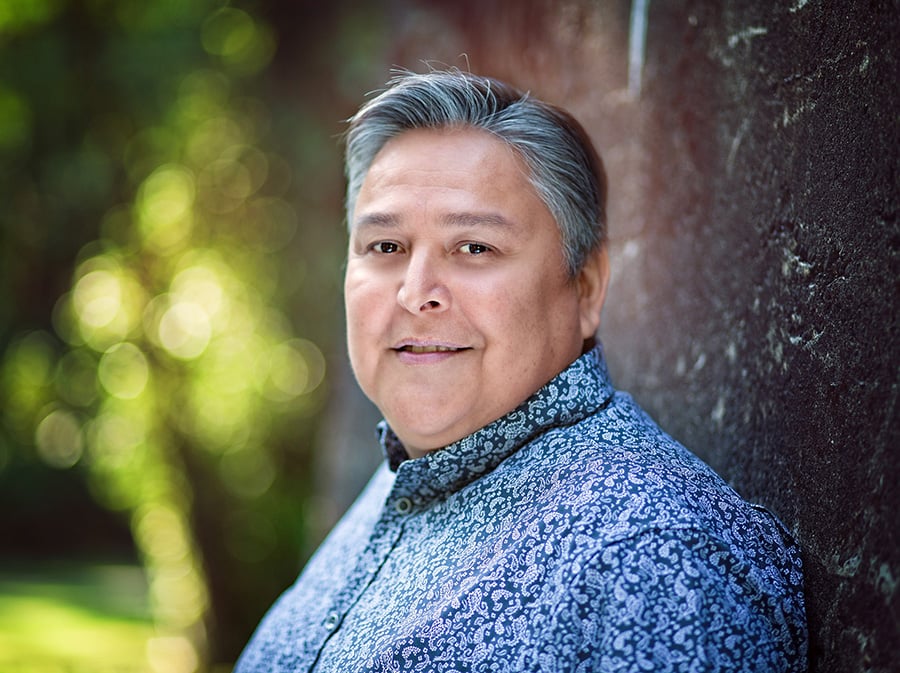 Indigenous Relations Academy was adopted in the years following an increased demand for our training. Operating under Indigenous Corporate Training Inc., we follow the leadership of our founder Bob Joseph, Chief name K’axwsumala’galis, to teach you how, and more importantly, what it means to be Working Effectively with Indigenous Peoples®.
Indigenous Relations Academy was adopted in the years following an increased demand for our training. Operating under Indigenous Corporate Training Inc., we follow the leadership of our founder Bob Joseph, Chief name K’axwsumala’galis, to teach you how, and more importantly, what it means to be Working Effectively with Indigenous Peoples®.
Our training is solely developed by our management team, who bring together 25+ years of cultural awareness and Indigenous training.
In the thick of the success of Indigenous Corporate Training Inc., the idea for the Indigenous Relations Academy was born, thereby educating and training a broader group of people all while remaining widely accessible.
"Our Indigenous Relations Academy is a location where interested learners – governments, corporations and individuals – can find more information about the courses we offer on a variety of topics, for all types of learners."
We are a cultural foundation that lays the groundwork for change, designed to exceed your expectations. Our Academy even offers two courses for you to embark into further learning, for those who want a "taste" of what we offer.
"What we teach people about Canadian Indigenous Peoples can be applied to those all around the world - only the histories will be different."
Our mission is to provide accessible learning resources that meet the needs of learners from all backgrounds in order to nurture a respectful relationship with Indigenous Peoples.
"We want an army of allies, who will then go and talk to their friends, family, churches and representatives."
You may be asking yourself, "why choose Indigenous Relations Academy?" and to that we say, because we aren’t your run-of-the-mill business with standardized training. Think less about "one size fits all," and more of "the right size for YOU."
We are a small, hardworking team that is solely dedicated to constantly improving our material to meet the needs of each learner. Our goal is to strive for your personal success by helping you navigate through what some would consider an "intimidating process."
"But where do I start?" As genuine people (not bots), we help our learners determine what is best for them, NOT deliver information through complicated jargon. The IRAcademy can provide you with the information that helps you along your journey towards reconciliation, as well as provide the opportunity for questions and the chance to hear other perspectives at our sessions.
Truth and Reconciliation Commission: Call to Action #92
Our training exceeds the recommendations of intercultural competency, conflict resolution, human rights, and anti-racism outlined in the TRC CTA #92. As well we address reconciliation throughout all of our training courses.
Within the next 5 years, our team has a shared goal to grow our course catalogue, make changes to our training based on your feedback and work together to create more respectful communities. As Bob says it best, "changing the world and meeting the goal of reconciliation."
"We are changing the world because we are passionate about what we do."
Our Academy can be summarized into the following whimsical mantra: learn, apply and change.
Learn by acquiring the knowledge, skills, and attitude required to be effective.
Apply this newfound knowledge into your professional and personal life by leading conversations.
Change your own environment, as well as your community by driving the movement towards reconciliation for Indigenous Peoples.
Our passion is the fuel that drives us forward, which is evident in the work we do with Indigenous Relations Academy. If you want to know about our specific roles within the Academy, check out our bios above!
Some of our valued
training partners



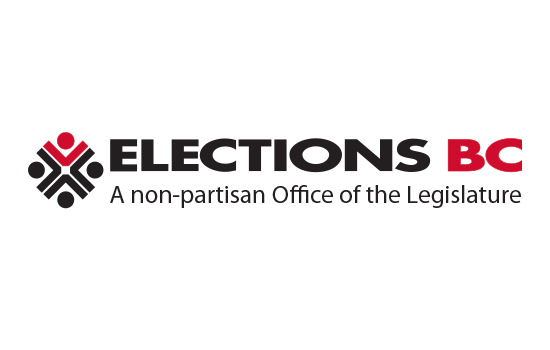
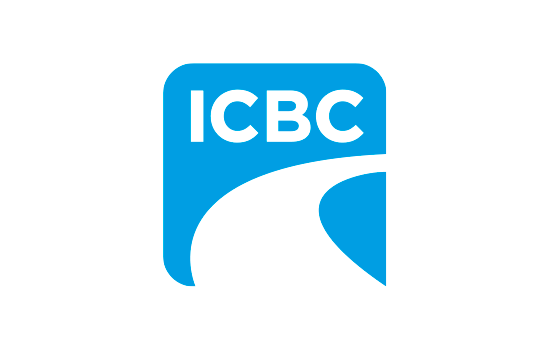
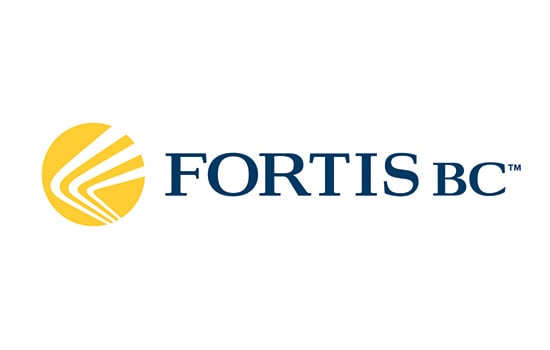
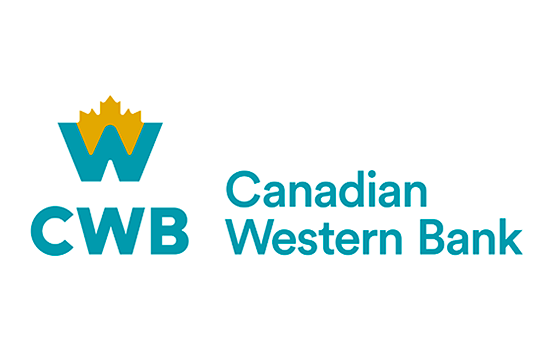
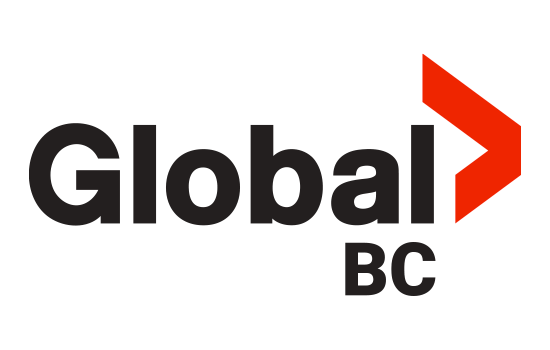
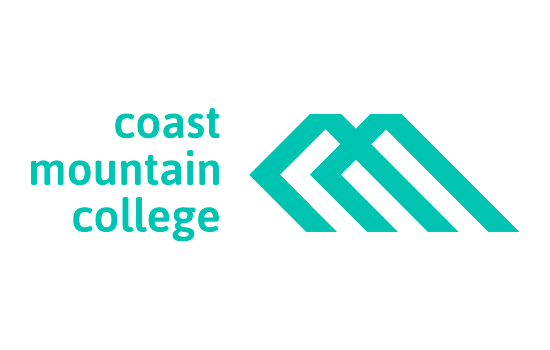
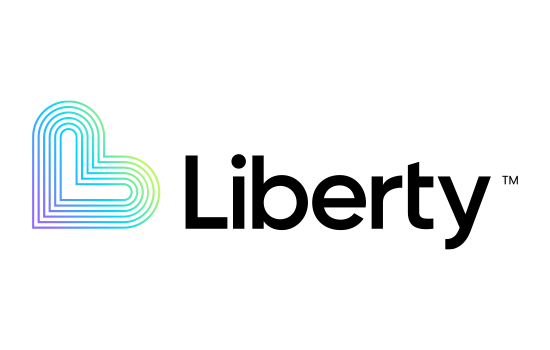
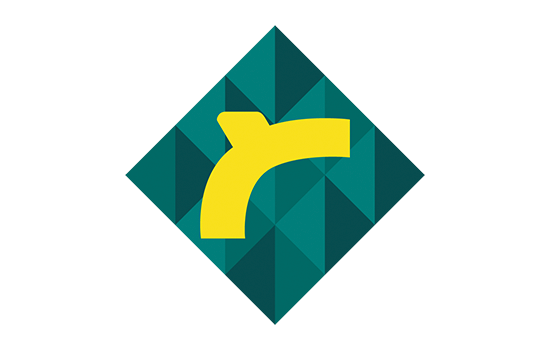
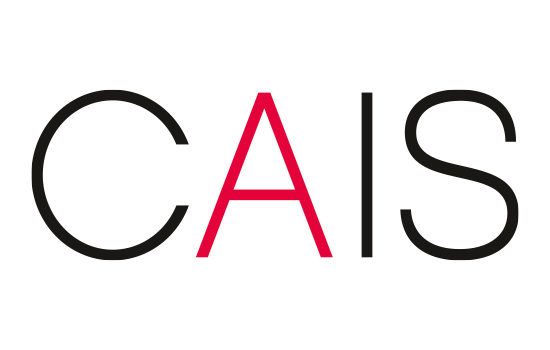
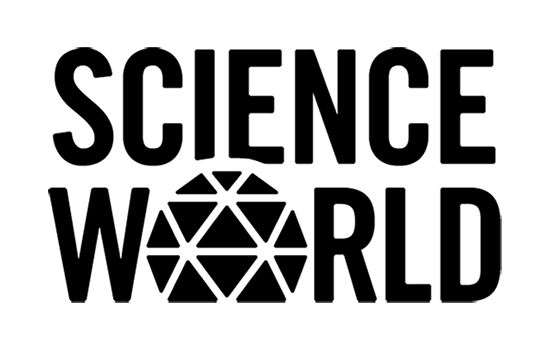
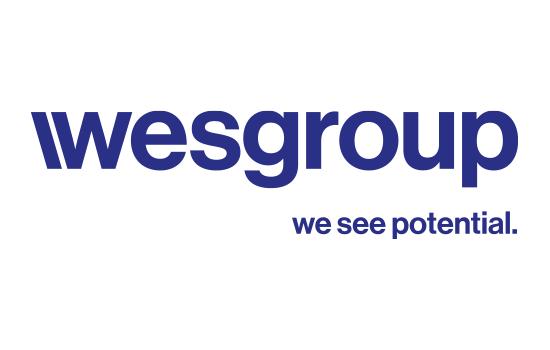
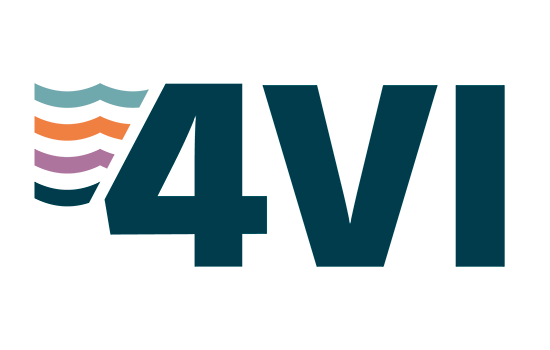
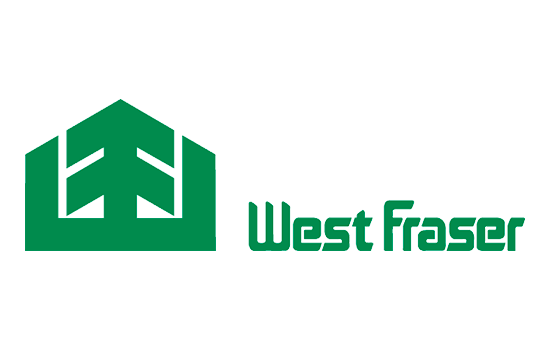
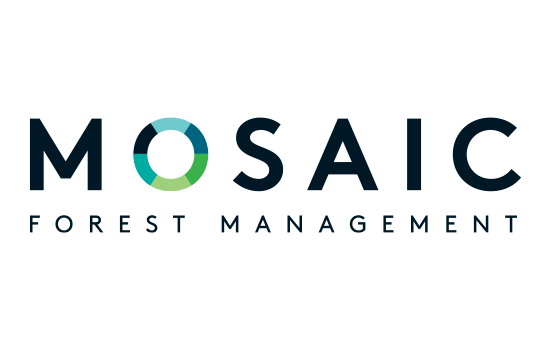
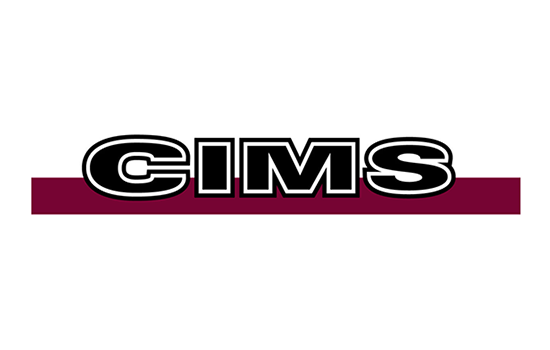
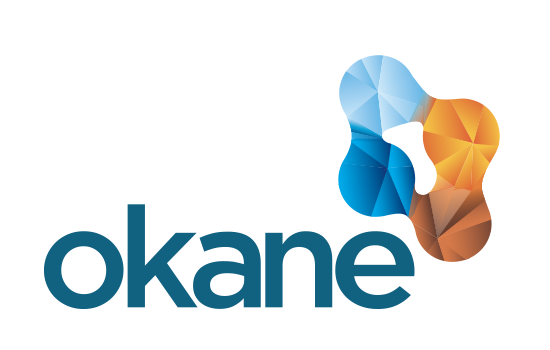
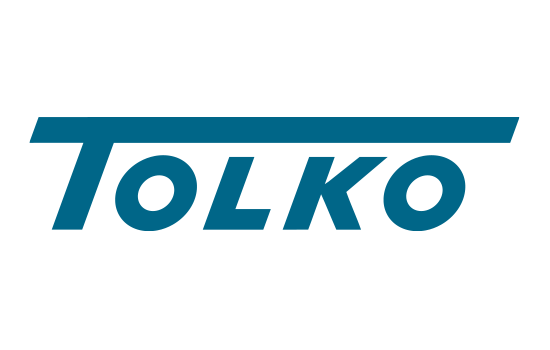
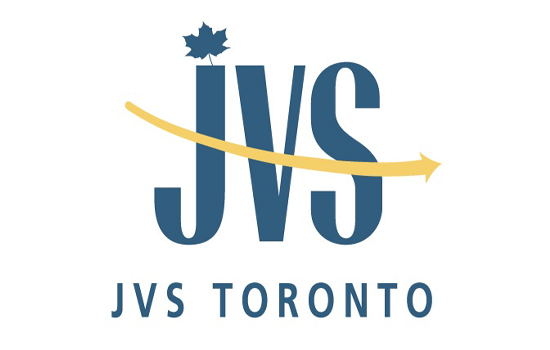
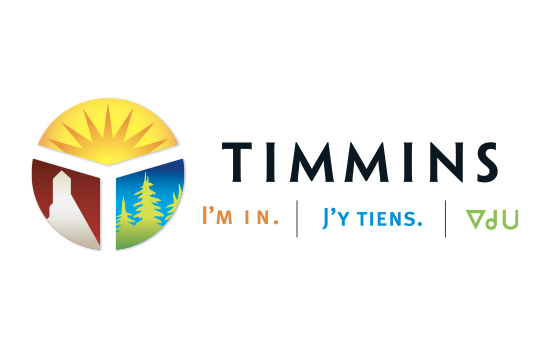
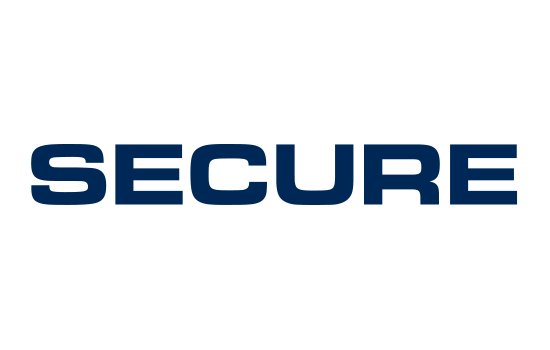
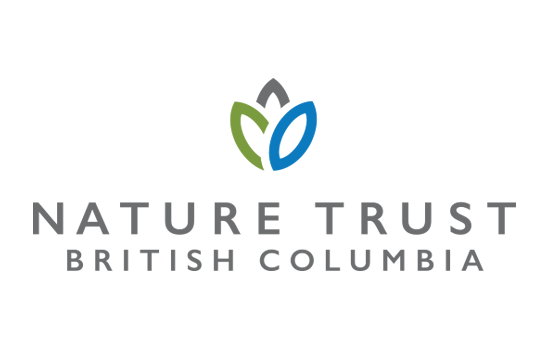
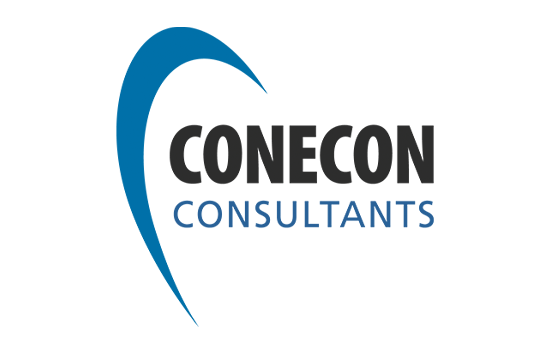
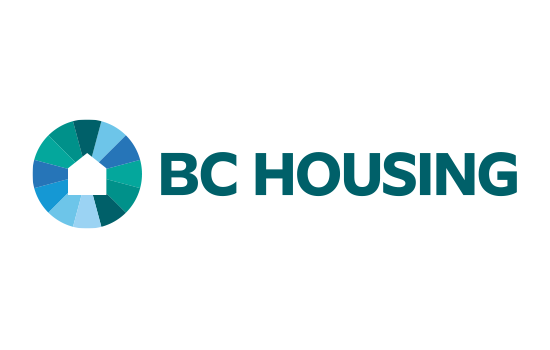
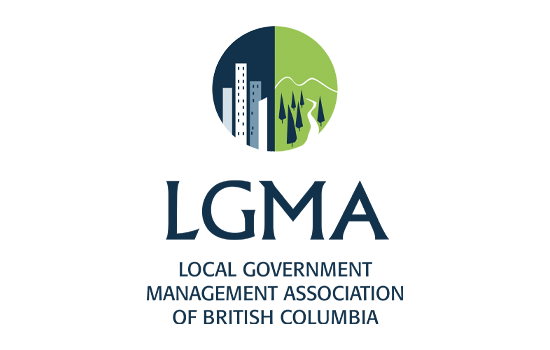
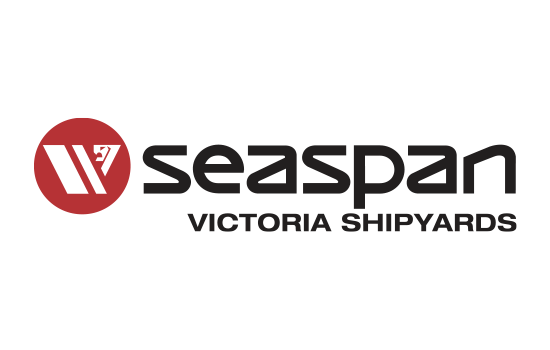
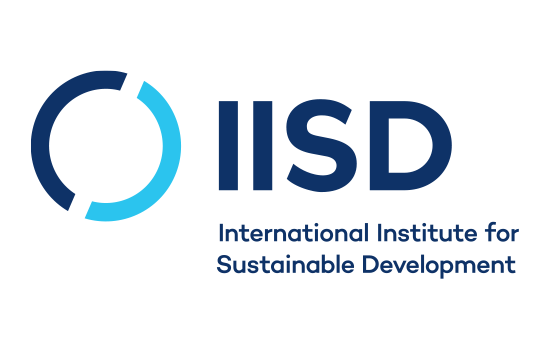
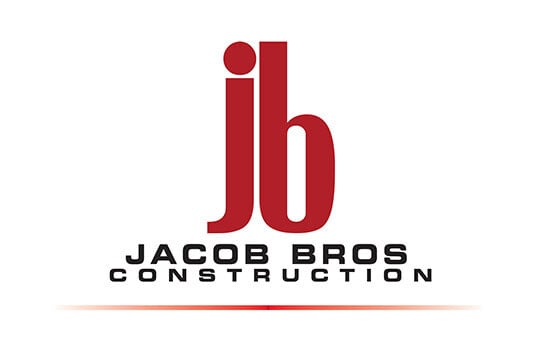
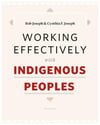 2017
2017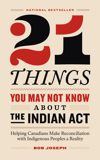 2018
2018 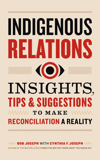 2019
2019 2019
2019 2021
2021 